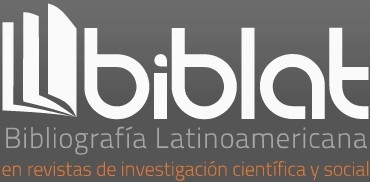Veridictory Modalities in Operatic Discourse
DOI:
https://doi.org/10.35494/topsem.2008.1.19.168Abstract
A fundamental part of textual meaning in opera is derived from the concept of truth which is considered as much at the level of utterance as that of enunciation. This concept is important in the definition of the narrative project that forms a base for the composition and the hermeneutic process that guides perception which culminates in an epistemic judgment. Taking as support the basic concepts of Greimasian semiotics we consider truth, falsity, lie and secret as the terms that project the truth as a semantic category in the semiotic square. From appearance (manifestation) the truth is inferred (immanence) through the very same mechanisms of opera that basically consist of the interaction between music and words according to the principles of focalization and convergence within the general scope of heterosemiosis.
Downloads
Downloads
Published
How to Cite
Issue
Section
License

Tópicos del Seminario is licensed under a Creative Commons Reconocimiento-NoComercial-CompartirIgual 4.0 Internacional License.














